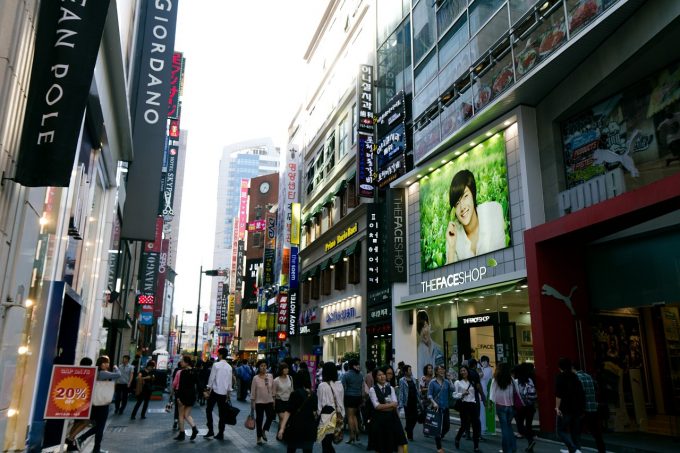Top-performing AVI Global Trust allocates 3% of its assets into South Korea just as Weiss Korea Opportunity Fund gives up on a cheap market that has so far not dispelled concerns about poor corporate governance.
AVI Global (AGT), whose bargain-hunting investments have propelled it to the top of the Global sector over five years, has put a big toe into testing South Korea’s historically undervalued market.
The latest factsheet from the £1bn investment trust, which specialises in buying over-sold investment and holding companies, shows last month it allocated 3% to a country whose listed companies have long traded at steep discounts due to a reputation for “appalling” corporate governance.
Fund manager Joe Bauernfruend said while his company, Asset Value Investors, had “episodically” invested in Korea in the last 15 years, the dominance of chaebols, or family-controlled industrial conglomerates, that ignored their minority shareholders, had been a “stumbling block”.
However, the new government of President Lee Jae-myung has embarked on overhauling legislation to enhance shareholder rights.
“Boards may now be forced to secure stronger independent oversight, delaying M&A timelines and raising the risk of litigation if deals are perceived to favour insiders,” said Bauernfreund.
“There are also a number of other strands, with proposed enhanced disclosure requirements from the Financial Services Commission (FSC) and planned reforms to the tax system,” he added.
This lit a fuse under the Korea’s Kospi index with Utilico Emerging Markets (UEM) separately noting its 13.9% surge last month on the back of post-election optimism. That helped the £446m investment trust return 2.8% last month, although that was below the 4.1% sterling gain in the MSCI Emerging Markets index.
Shareholder activism is also on the rise in Korea, Bauernfreund noted, with over 60 companies receiving shareholder proposals last year compared to just 10 in 2020.
This has encouraged the fund manager to cautiously believe that Korea could be “the next Japan”, a reference to AVI’s success eight years ago in upping its investments in a country whose cash-laden companies came under pressure from government and shareholders to improved returns.
Confidence in the strategy led to the company launching the £232m AVI Japan Opportunity Trust (AJOT) in 2018 with the flagship AGT currently allocating 18% of its £1.1bn portfolio there.
Could this signal a potential AVI Korea fund launch in future? With 70% of Korean stocks trading below book value, there are plenty of mispriced opportunities for the company to identify.
AVI was not revealing its handful of Korea positions in AGT, however, other than to say the companies were financially strong and enjoyed durable growing earnings protected by some form of moat or competitive advantage while backed by key shareholders or families.
One in, one out
Its interest in Korea comes at a curious time. Weiss Korea Opportunity Fund (WKOF), the one London-listed fund dedicated to the country, is winding down and returning shareholders money after the fund manager surprised investors by declaring last November that the strategy of buying cheap Korean preference shares was not as attractive as it used to be.
Consequently, Bauernfreund and his team are playing a long game. “Our lessons from Japan are that the road to governance reform is a long and winding one, with many wrong turns, false dawns and disappointments along the way. The prize however is great, and we believe that nimble, focused, bottom-up fundamental investors, with experience of actively engaging with companies are best positioned to capture this prize.”
AGT’s portfolio rose 1.6% last month with net asset value up just 0.7% in the first half and ahead by only 3.7% in the year to June. Long-term performance is more exciting though with a total underlying investment return of 87.7% over five years. The latest data at last Friday shows a five-year total shareholder return of 94.1%, the best in the Global sector where the average return has been 36.4%, according to the Association of Investment Companies.
